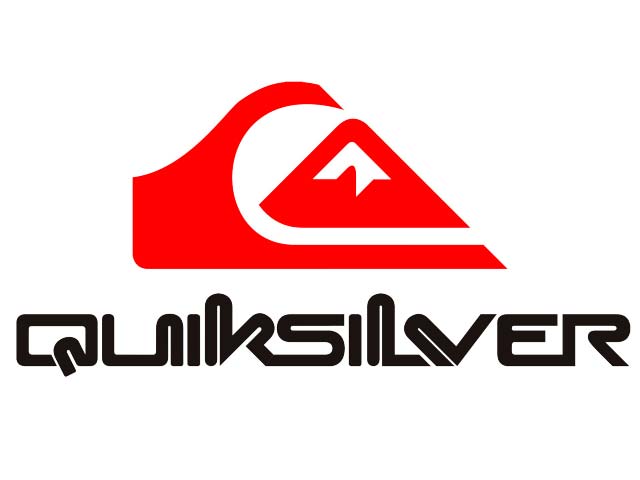QuickSilver is a well-known global brand in the field of sports articles, particularly sliding and board sports.
QuickSilver was founded in 1969 in Australia. The brand is part of the Boardriders group, which also includes other brands like Roxy or DC Shoes.
There are approximately two hundred stores across the world.
Each point of sale generates around €800,000. Despite some difficulties, the group has managed to maintain a top position on the market. At an international level, Quicksilver employs approximately 7,000 staff members, although this figure varies greatly depending on periods and any potential restructuring carried out by the company.
Political environment
Quicksilver is a brand that operates in several countries around the world. As such it conducts numerous operations with foreign countries. Its reputation is so great that for the group as a whole it is essential that political agreements be cordial, to facilitate commercial exchanges between countries.
Costs at the level of shipments may be otherwise affected by customs and other taxes present in certain countries, which can modify the final price paid by the consumer.
At the political level, other criteria may also come into play, such as free trade agreements, which can, like different taxes, have an impact on the costs of finished products.
Let's note that the group must be attentive to geopolitical tensions which may sometimes affect the good development of the company.
Economical environment
Political and economic domains are very closely linked.
In fact, as we have said previously, Quicksilver is a well-known brand internationally, and economically this can affect the various exchange rates applicable in countries.
Today Quicksilver is still considered a premium brand, and for this reason it targets a certain target of consumers. Economic cycles can therefore have either negative impact or positive economic impact on its activities and sales figures.
When economic activities are affected by crises, demand is necessarily affected as well as the overall turnover, and this even more so that competition becomes increasingly important in the sector.
In 2024, the main direct competitors are brands like Billabong, Rip Curl of course, but also Roxy, O’Neill, and Hurley. Just as Quicksilver, these brands are present worldwide.
Let's not forget the other competitors, such as The North Face, Patagonia, or even cheaper but just as popular group Décathlon, which is one of the French people’s favorite brands but not only.
Finally it is worth noting that the Quicksilver brand has a fairly strict target, since its segment mainly focuses on young people and especially athletes, like other brands which can represent a greater threat with a much larger target.
Sociological environment
Consumers are becoming increasingly difficult to retain. They want both high-quality products but not excessive prices, even if the younger ones can more easily spend more for a product that is more durable in time especially.
With all these changes, Quicksilver must necessarily adapt so that the products and accessories offered are always in line with current demand.
To achieve this, the brand ensures a constant presence on all social networks in order to maintain interaction with the youngest since it is there that many spend most of their time.
The group has been forced to offer more sustainable products for several years now, with young people in particular being particularly sensitive to this issue.
Technological environment
Quicksilver is a brand that attracts many young people and therefore it must introduce new technologies into its manufacturing processes to improve performance in terms of sliding or sports in general.
Investments for the group are considerable; this is necessary, especially in the current context, to remain competitive.
Finally, e-commerce has taken a decisive place in the company's sales over the past few years. More than 15% of turnover is thus realized online, either on the brand’s own website or across its entire distribution network.
Ecological environment
Consumers are increasingly interested in the environmental issue and expect brands to have a real ecological awareness. Quicksilver is directly affected by climate change, with activities such as surfing or snowboarding for which the environment is very important.
For the design of its products, the brand is committed to adhering to a strict regulation in order to offer more eco-friendly clothing and accessories.
Legal environment
At the legal level, the group must comply with laws in force in countries where it is present. Regulations are generally becoming stricter especially in the environmental field and for everything related to consumer protection.
Quicksilver is a global brand, it can therefore be subject to counterfeits which may alter its reputation.
Conclusion
Despite the difficulties and very competitive context, Quicksilver has managed to maintain its leading position on a highly specific market of sliding and boarding sports. However, despite an excellent reputation and young audience, the brand must constantly adapt to meet customer demand, which is increasingly demanding. The environment remains dynamic at all times, and competition is extremely widespread, representing an opportunity for the group to innovate in order to significantly improve its performance while taking into account environmental criteria that are becoming increasingly important in consumer decisions.
Example of PESTEL analysis










